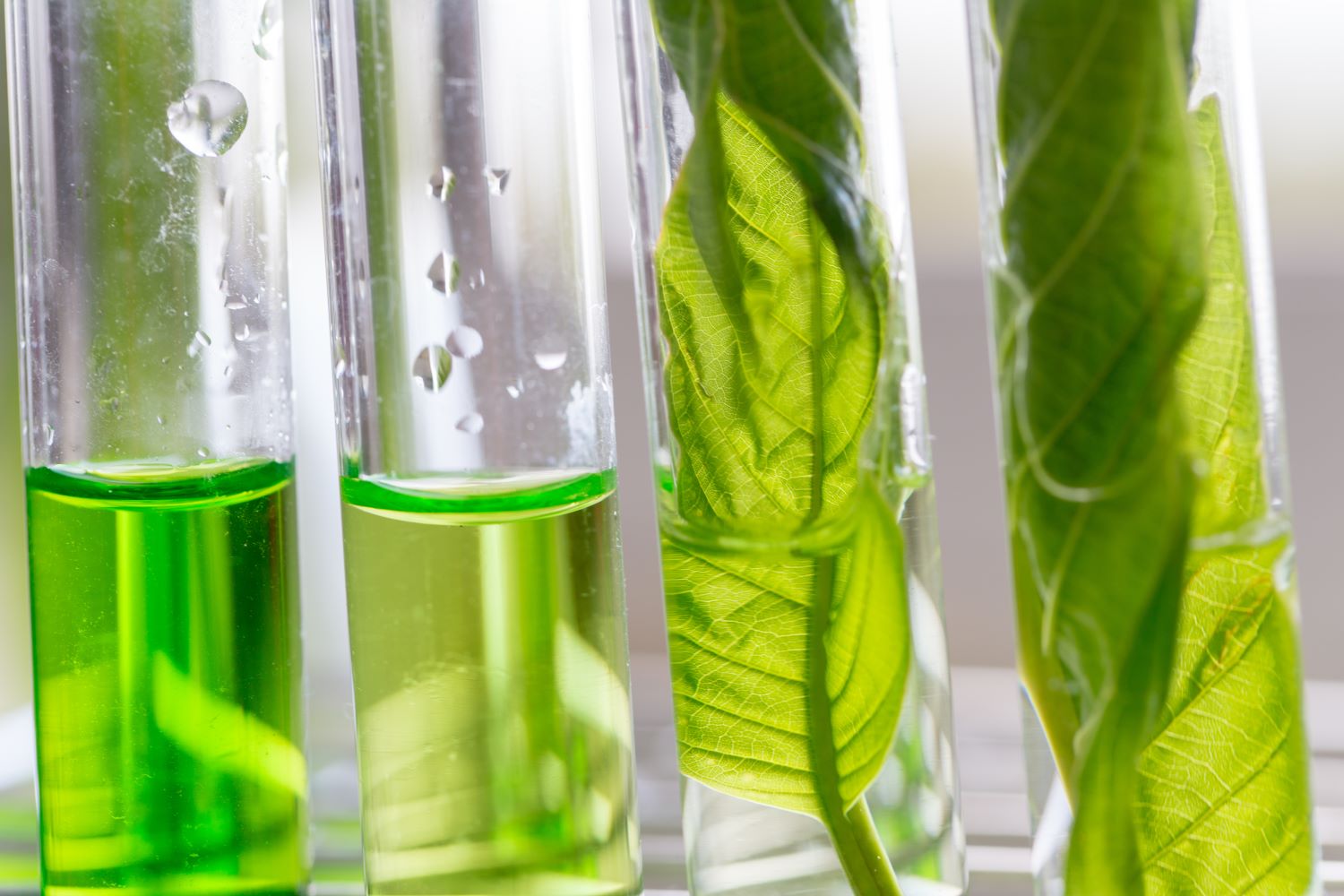Sustainable aviation fuels (SAF) are defined as renewable or waste-derived aviation fuels that meet sustainability criteria. ICAO technical analysis shows that SAF has the greatest potential to reduce CO2 emissions from International Aviation. ICAO’s work in this area involves developing and deploying globally-accepted environmental standards, policies, and goals. We also provide support to Member States through capacity building and assistance, as well as information and best practices outreach.
The South American Civil Aviation Director Meeting in Santiago, Chile (10-14 April 2023) focused, among other themes, on regional opportunities. There has to be global collaboration to address the global issue of reducing greenhouse gas emissions from the aviation industry. As Yuval Harari, a prominent historian and author, once said, “We are all living together on a single planet, which is threatened by our own actions. And if you don’t have some kind of global cooperation, nationalism is just not on the right level to tackle the problems, whether it’s climate change or whether it’s technological disruption.“
With the right policies and investments, South America has the potential to be a key player in the production of SAF due to its abundant natural resources and favorable climate. SAF are an important solution for reducing the carbon footprint of the aviation industry, which is one of the sources of greenhouse gas emissions. They are made from renewable feedstocks and have lower carbon intensity than conventional jet fuels.
Brazil, Argentina, and Paraguay have emerged as leaders in the production of sustainable aviation fuels in the region due to their significant potential for the production of biofuels from sugarcane and soybean oil. Other countries in the region, such as Chile, Colombia, and Peru, also have significant potential for the production of sustainable aviation fuels from feedstocks such as algae, microorganisms, and municipal solid waste.
The RAAC/17 meeting highlighted the following challenges for SAF production: the absence of public-private forums, regulations for SAF production, insufficient infrastructure for SAF distribution, lack of predictability for the protection of species and products used in SAF, and sustainability of production. Developing a robust sustainable aviation fuels industry requires significant investments, which may be challenging for many companies and governments in the region to finance. Ensuring the sustainability of feedstocks may also be challenging in the region due to competing demands for land and natural resources. Additionally, the regulatory environment in some countries may not be conducive to the development of a sustainable aviation fuels industry.
To address these challenges, RAAC/17 suggested promoting workshops and training to increase awareness of CORSIA, preparing regulations for SAF production, creating incentives for air operators to use SAF, managing financing lines for SAF infrastructure projects, and supporting scientific research on SAF production.
South America’s abundant feedstock resources and favorable policies and regulations make it well-positioned to play an important role in the production of sustainable aviation fuels in the aviation sector. The production of sustainable aviation fuels presents a significant opportunity for South America to contribute to the global efforts to reduce greenhouse gas emissions from the aviation sector. While there are challenges to overcome, with continued investment and policy support, the region can help meet the growing demand for sustainable aviation fuels and contribute to a more sustainable future.


